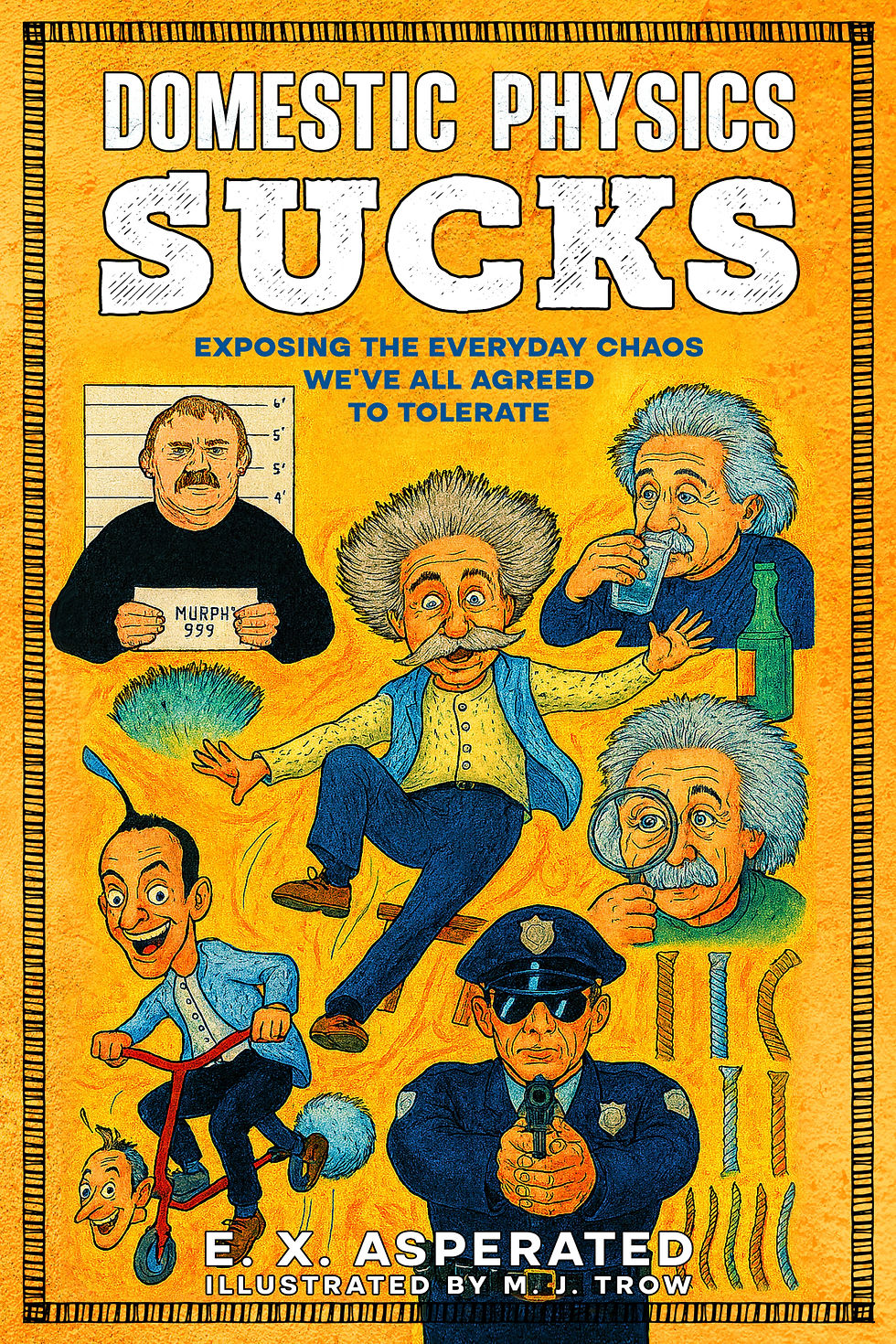Author Interview: D. Ryan Buford
- blkdogpublishing

- Apr 6, 2020
- 4 min read
1. What inspired you to become a writer?
Oddly enough, the inspiration for me becoming a writer had nothing to do with a great book or a great author. It didn’t have anything to do with the scent of a library or the feel of a book in my hand. It was actually a sound. It was the sound of a typewriter. As a child, I discovered a typewriter before I could even spell or write. But I knew that sound. That rhythmic, aggressive, definitive sound of the thwack-thwack-thwacking of keys against the bar with a signature, satisfying “ding” at the end. And with a push I could start all over and hear that music in my head. Later in life, I picked up the instrument and it was like I had been playing the music of writing for years in my head. Now, all I have to do is hit record.
2. What's your favourite book of all time?
Blood Meridian by Cormac McCarthy. It was a complex book. But real. It captured a world that is now foreign to us. It captured life before catastrophe. And during. And after. As a writer, I followed several of McCarthy’s other works and enjoyed them all. But that one has always left memorable quotes. Scenes upon scenes of vivid, historical violence were captured with a sense of beauty unlike anything I’ve seen before or since.
3. What advice would you give to aspiring writers?
Keep a writer’s prompt accordion file. Shove it in a closet if you have to but take it with you no matter where you end up. When you have a great idea or character or scene, or plot, jot it down while it’s still fresh and tuck it away if you don’t have time to tackle it in the moment. When you reach a block, sift through and see your little gems for what they are. Maybe they will inspire something, or allow you to kickstart something you’d never imagined possible. Be your own prompt.
4. What is the most frustrating thing about being an author?
Making a living. You’re not going to get an advance right out of the gate, so don’t wager your home on it. Believe it or not, you actually have to work – and write – for a fair amount of time before you get recognized and see that first royalty check. But when you do, it will come easier and easier. My first royalty was less than a cheap meal at a fast food restaurant. But it was just that – my first. You have to get past that point of self-doubt and continue to write while you’re fighting your own demons – financial or otherwise.
5. What's your favourite movie?
I have lots of favourite movies, but one that stands out is Memento (2000) by Christopher Nolan. It’s about a man who loses his memory and cannot form new memories but is dedicated to finding his wife’s murderer through small clues and answers – all which he must record quickly. The method for crafting the film from a writer’s standpoint would have been a meticulous challenge to say the least. It is an uncommon classic.
6. What's better, dogs or cats?
Dogs. I have four on our homestead – all rescue dogs. One is a deaf Aussie that is blind in one eye. The other is a 95-lb. mutt who lost half of his fur to mange. I’ve had an Australian Cattle Dog for 13 years and just acquired a Boxer mix from a relative who developed dementia. They all love to interrupt my writing. Never a dull moment.
7. If money was no object, how would you spend your life?
I’m a mad scientist at heart. I’d build a giant shop and get to work on my inventions. I’ve been keeping a spiral notepad for years and have several ideas but no time or money to pursue them. Everything from telescoping tools to clean energy alternatives.
8. Do you draw from personal experiences when you write?
Personal experience drives most every bit of writing I do. I love a good thriller or mystery or fiction tale, but when it comes to my own writing, I focus on real events, real people, real emotion.
9. What is more important? Strong characters or a strong storyline?
Strong characters. They have a knack for kicking a storyline down a non-linear path while still producing an excellent story. Weak characters will destroy even the greatest storyline. You may not remember the plot of a Sherlock Holmes mystery – but it’s nearly impossible to forget the personalities within.
10. What advice would you give to first time writers when submitting their work to publishers or literary agents?
Your rate of failure is directly proportionate to your ability to submit work. If you do nothing, if you stand by and fail to act, you risk missing an opportunity. I’d rather hear “no” a thousand times than be deafened by silence because I failed to act. A “no” is an opportunity to revisit and improve – and one step closer to a “yes.”
D. Ryan Buford is the author of Pint Sized Prepper Projects, for more information or to purchase a copy click here.









Comments